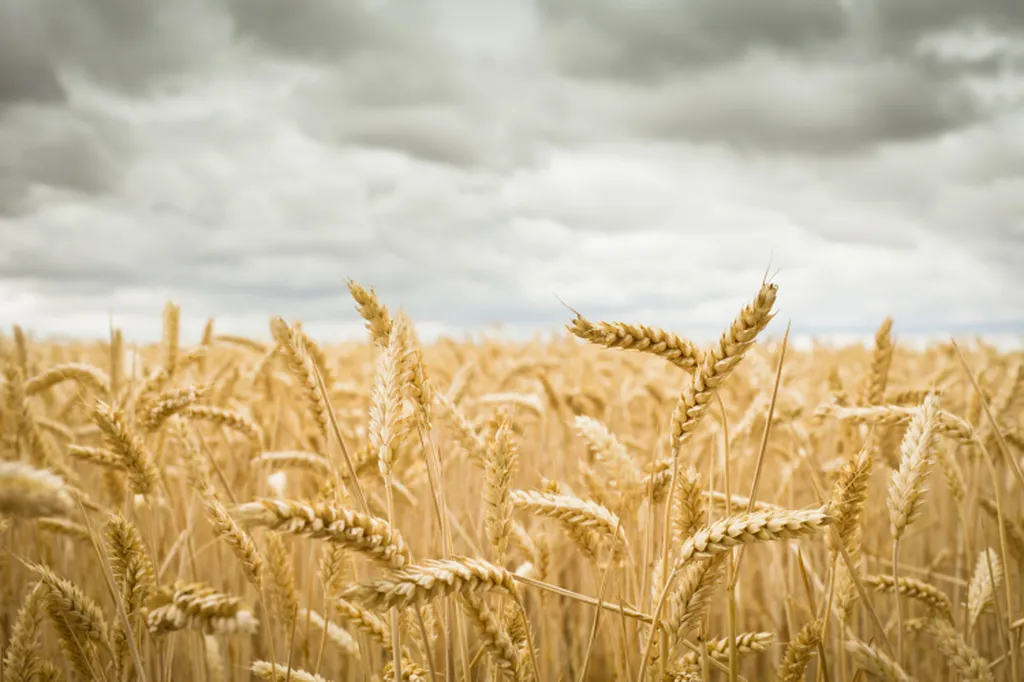In the heart of Germany, a team of researchers led by Antje Rohde from KWS SAAT SE in Einbeck is tackling a challenge that could revolutionize global agriculture: hybrid wheat production. Their recent paper, published in ‘The Plant Genome’ (translated to English as ‘The Plant Genome’), sheds light on the critical need for advanced genomic resources to boost research in reproductive biology, ultimately enabling cost-effective hybrid seed production.
Hybrid crops have long been a staple in agriculture, offering increased yields and resilience. However, wheat, a staple food for billions, has lagged behind due to its complex reproductive biology. “Despite recent advances in pollination control systems, the inefficient outcrossing of wheat’s autogamous florets remains a significant barrier,” explains Rohde. This inefficiency hampers the development of hybrid wheat varieties that could help meet the growing food demands of a changing climate.
The research highlights three key areas of focus: the structural aspects of wheat florets that affect stigma presentation, longevity, and receptivity to airborne pollen; pollen release dynamics, including anther extrusion and dehiscence; and the impact of environmental factors like heat, drought, irradiation, and humidity on these reproductive traits. Understanding these aspects is crucial for breeders to select and utilize male and female parents effectively, leading to resilient and scalable hybrid seed production.
The implications for the agricultural sector are profound. Hybrid wheat could offer significant yield improvements and stability, addressing food security concerns in a sustainable manner. “A combined approach of increased understanding built on genomic resources and advanced trait evaluation will deliver robust measures for key floral characteristics,” Rohde notes. This could allow diverse germplasm to be fully exploited, paving the way for innovative breeding programs.
The research not only underscores the importance of genomic resources but also emphasizes the need for interdisciplinary collaboration. By integrating genetic insights with environmental studies, scientists can develop strategies to stabilize pollination and fertilization under varying climatic conditions. This holistic approach could set a new standard for agricultural research, ensuring that hybrid wheat varieties are both resilient and productive.
As the world grapples with the challenges of climate change and population growth, the work of Rohde and her team offers a beacon of hope. Their findings, published in ‘The Plant Genome’, provide a roadmap for future developments in hybrid wheat production, promising a more secure and sustainable agricultural future. The journey towards commercializing hybrid wheat is complex, but with continued research and innovation, the goal of increasing food production sustainably is within reach.

